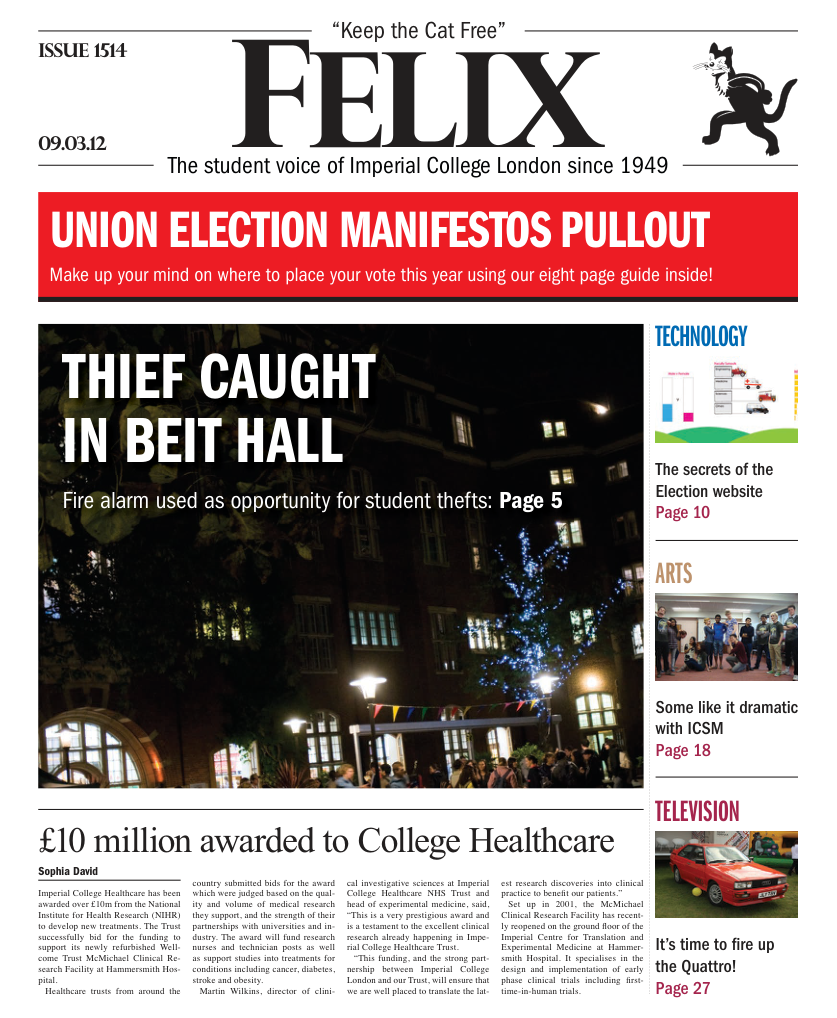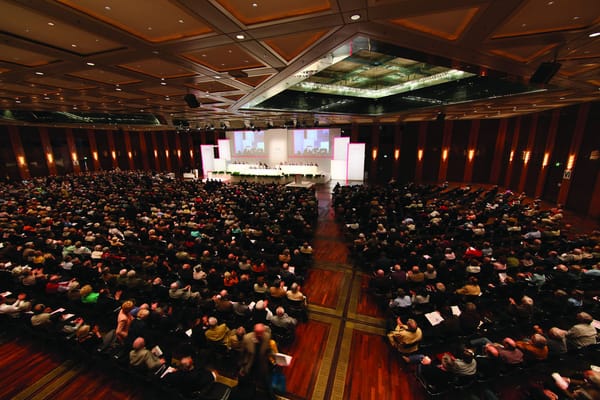A revision of dietary laws
Chewing over dietary restrictions
One of the overarching themes displayed by the main religions of the world is a set of dietary restrictions. An example is Islam, and its recommendation/order that you abstain from alcohol and swine. Many of these dietary restrictions were possibly in response to practical issues in the society in which the religion was born into. It’s reasonable to propose that avoiding pork and alcohol was a very good idea at the time of the birth of Islam because of the hazards of either in an arid climate: pigs rot quickly in the heat and harbour salmonella while alcohol is a diuretic.
In the modern world, where water and refrigeration are plentiful, the rationale behind these rules of thumb has been lost and you find many people following such dietary laws just for the hell of it. The same goes for Judaism, which is even crazier about what you can and can’t eat. As a fan of several of these forbidden goods but not one to annoy God, I would like to propose an alternative formalism of how these restrictions should be observed.
Seeing as every religion I know of is simply someone’s interpretation of God’s words, I’ve taken it upon myself to develop my own interpretation of these dietary laws. Intuitively, one would consider the “sin” of eating something haram or non-kosher to be additive: eating a ham sandwich with a beer is worse than just having a beer on its own. So beer is a -1 against your name and the sandwich is a -1, giving you a total of -2 against your case for making it into Heaven. Instead, I propose that in any given instance these are instead multiplicative, so in this lunch we would have the negatives cancel out and you’d instead get a positive answer, negating the sin (“the sin’s in the sign”). As any usurping theory, this explains all the observations that the old one does (i.e. that consuming pork or beer sends you to Hell), but provides extra insight that can be proven or debunked (pork AND beer is okay). All I need to do now is to test this, by seeing if I will go to Heaven if I consume both of these in tandem, or if God will laugh me away from the Pearly Gates.
Not only are the food items themselves subject to restrictions, but their method of preparation and time they are consumed are also factored in to the religious equation. It is forbidden to eat an animal that has not been slaughtered in the proper manner mandated by the Quran: the blood is drained to minimise suffering and a prayer said for the life of the animal that is being deliciously taken. It’s also forbidden to eat or drink anything in the day during Ramadan, when one is supposed to empathise with those who have no choice but to starve. The general rule of my theory is that any even number of nutritionally based sins in tandem cancels out any net sin. While it is debatable whether eating a sandwich and drinking beer afterwards is simultaneous, doing either on its own during Ramadan surely is. As with quantum mechanics, the results that the mathematics predict can be counter-intuitive: it seems to be perfectly halal to eat pork during Ramadan, but only during the day. If the sun’s set, you better go for chicken.
Of course, this theory only works if the terms “pork” and “halal” are properly defined, which is where I hit a snag. Consider, if you will, a hypothetical pig/cow hybrid. Or a cow crossed with this hybrid, to make an animal only 25% pig. At what point is the pig DNA no longer enough to make the animal porcine? Even more speculatory is the halal status of an animal slaughtered improperly, only to be re-slaughtered in a halal fashion. Of course, neither of these scenarios are currently achievable, and so my refined “rule of thumb” will hold for now. I will leave it to the faithful of the future to further revise it when these dilemmas become practical issues, i.e. when the laws no longer suit the circumstances.








